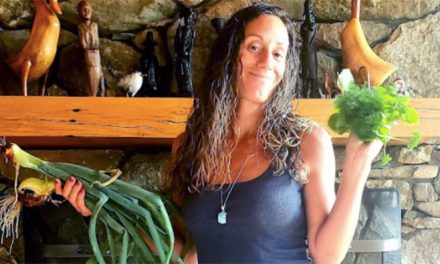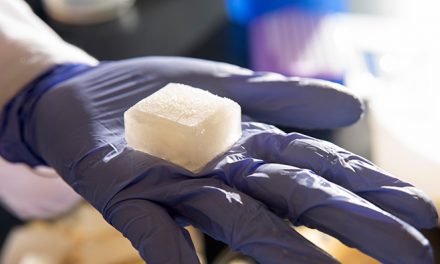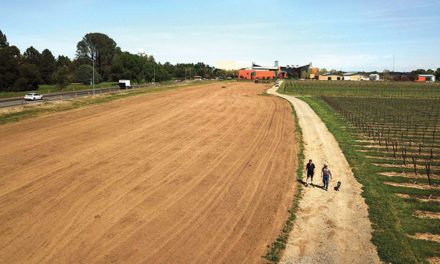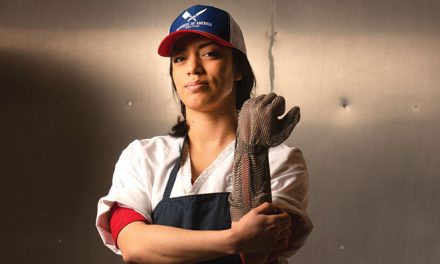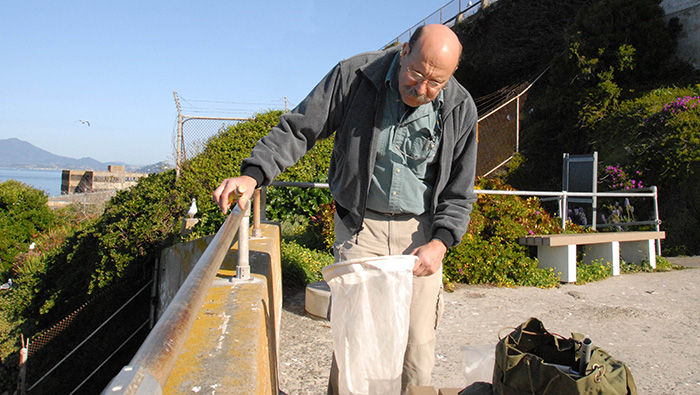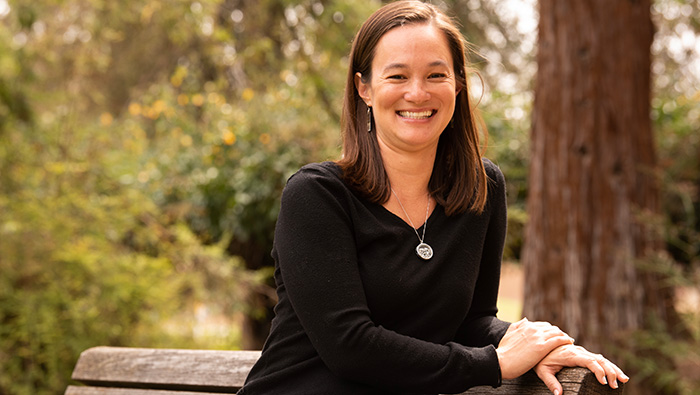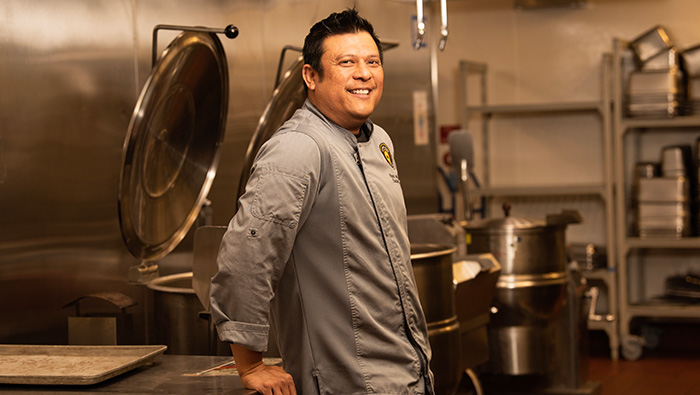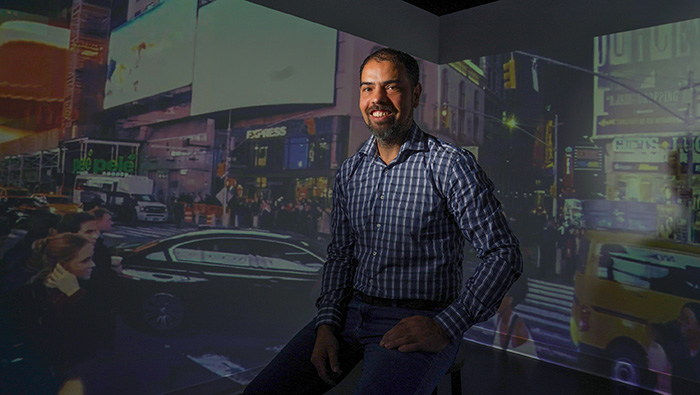
Meet the Sensory Scientist
Associate Professor Julien Delarue’s research focuses on sensory and consumer science, which measures consumer perceptions of products through their senses and how this perception affects their preferences and their behaviors.
“The type of research I do has two components,” said Delarue, who is in the Department of Food Science and Technology. “The one really fundamental component we’re interested in is what people perceive. But it’s also very much applied in the industry, especially the food industry, and companies want to have access to that information.”
Delarue said sensory and consumer science is a challenging field to study because it involves a crossroads of sciences and dealing with individual biases. “We all perceive things differently through our senses. There’s genetics, physiology, anatomy, habits and personal preferences in the way you eat or drink something that changes the results,” Delarue said. “And when you ask people what they feel, what they perceive, or what they like, you may induce all sorts of biases.”
Delarue said new trends in his field are focusing on how to tackle these issues. “How can we access people’s reality more accurately, and how can we measure that and predict it? There’s been a lot of development in trying to take the experience into account, not just single point measurements.”
A new multisensory immersive room at UC Davis can be used for product development, innovation and research. The visual environment, audio, temperature, air conditions and scent of the room can be changed, aiming to provide a fully immersive experience. Delarue, who led the effort, said, “Everything I do is to try to get closer to people’s real life. So that includes how we deal with the samples, how we ask questions, and also where we do the test. Our developments are based on bringing context or taking context into account.
“That’s where I think sensory and consumer science is very important, because it can help the food scientists, nutritionists and policymakers to better address all these issues and improve our food, generally speaking.”

